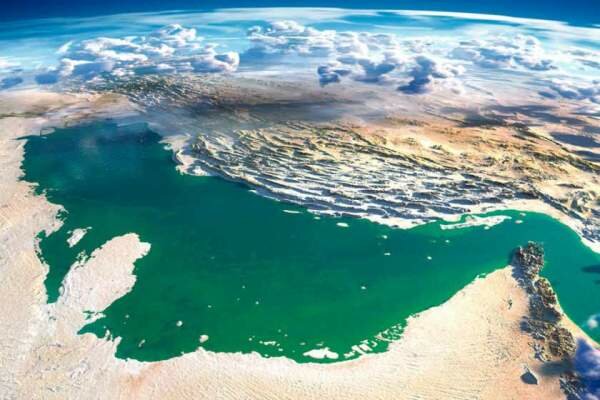Washington has developed a plan to create a military coalition under the pretext of safeguarding its interests in the Persian Gulf region after the attacks on two oil tankers near the Strait of Hormuz last month, with one of them operated by a Japanese shipping firm.
Japan’s Kyodo news agency cited Iwaya as saying that there have been no more similar attacks and that threats against Japan in the area are deemed to be "in a temporary lull at present."
Due to restrictions by its pacifist Constitution, the hurdle remains high for Japan to send troops to the region. The Strait of Hormuz is a key corridor through which major oil exports flow to the world.
The minister declined to comment on whether Washington has sounded Tokyo out about the coalition plan.
The Japanese-owned Kokuka Courageous and Norwegian-owned Front Altair oil tankers were struck by explosions near the strategic Strait of Hormuz in mid-June. Japan’s government said both vessels were carrying “Japanese-related” cargo.
Shortly after the two tankers were hit by the explosions, the US officials blamed Iran. A day later, US President Donald Trump made a similar claim. Neither offered any evidence, and a footage released by US officials with the claim that it showed Iranian personnel removing an “unexploded” mine was deemed by a source close to Prime Minister Abe to have failed in proving an Iranian attack. The Japanese operator of one of the tankers also said it had been hit by “a flying object,” not a mine.
A short while after the incident, Iranian rescue officials picked up a distress signal sent by the tankers and scrambled a vessel, which then safely removed the crew from the waters around their burning ships.
Speaking on Tuesday, Iwaya underlined the importance of continuing diplomatic efforts to ease tensions in the Middle East, especially between the US and Iran.
The sharp escalation of tensions between Iran and the United States began in May 2018, when US President Donald Trump announced Washington's unilateral withdrawal from the 2015 Iran nuclear deal. Last month, a year after Trump's announcement, Iran said the country would suspend some of their voluntary commitments under the nuclear deal, citing the other signatories' apparent inability to withstand US pressure.
MNA/PR

























Your Comment